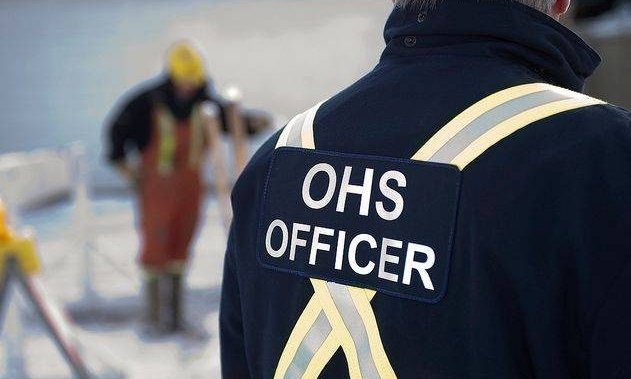Paragraph 1: The Tragic Incident and Initial Legal Proceedings
In 2019, a worker at Inland Machining Ltd., a Calgary-based machine shop, suffered a fatal accident while operating a manual lathe. The employee became entangled in a moving part of the machinery, leading to their untimely death. Following an investigation, the company was found liable in October 2023 for failing to ensure the worker’s health and safety. The specific charges included neglecting to provide adequate safeguards to prevent contact with moving machinery parts. This initial verdict underscored the company’s responsibility in maintaining a safe working environment and highlighted the tragic consequences of neglecting workplace safety protocols.
Paragraph 2: The Appeal and Its Dismissal
Inland Machining Ltd., dissatisfied with the initial ruling, lodged an appeal contesting the severity of the sentence. The company argued that the imposed penalties were excessive and unwarranted. However, their appeal was dismissed in November 2023 by an appeal court judge. This rejection reaffirmed the lower court’s decision and reinforced the gravity of the safety violations committed by the company. The appeal court’s decision emphasized the importance of prioritizing worker safety and holding companies accountable for neglecting their legal obligations in this regard.
Paragraph 3: Finalization of the Legal Process and Imposed Penalty
With the expiration of the 30-day period for further appeals, the legal proceedings against Inland Machining Ltd. have concluded. The company is now obligated to pay a substantial fine of $420,000. This significant financial penalty reflects the severity of the safety breaches and serves as a deterrent to other companies that may be tempted to compromise worker safety. The finalization of the legal process brings closure to the case and underscores the commitment of Alberta’s legal system to enforcing workplace safety regulations.
Paragraph 4: Significance of Alberta’s Occupational Health and Safety (OHS) Laws
This tragic incident highlights the crucial role of Alberta’s Occupational Health and Safety (OHS) laws in safeguarding workers’ well-being. These regulations establish fundamental health and safety standards for workplaces across the province. They encompass various aspects of workplace safety, including machinery operation, hazard identification, and emergency procedures. The OHS laws aim to prevent workplace accidents and ensure a safe and healthy environment for all employees. The incident at Inland Machining Ltd. serves as a stark reminder of the importance of adhering to these regulations and the potential consequences of non-compliance.
Paragraph 5: Importance of Maintaining a Safe Work Environment
The fatality at Inland Machining Ltd. underscores the critical importance of prioritizing workplace safety. Employers have a legal and moral obligation to create and maintain a safe working environment for their employees. This includes providing adequate training, implementing safety protocols, and regularly inspecting equipment to identify and mitigate potential hazards. A proactive approach to safety can prevent accidents and create a culture of safety consciousness within the workplace. Ignoring safety regulations not only puts workers’ lives at risk but also exposes companies to legal and financial repercussions.
Paragraph 6: Broader Implications and Lessons Learned
The tragic incident at Inland Machining Ltd. holds valuable lessons for all industries. It emphasizes the need for continuous improvement in safety practices and the importance of fostering a culture of safety within organizations. Companies must invest in safety training, regularly review and update safety protocols, and empower employees to report potential hazards without fear of reprisal. By prioritizing safety, companies can prevent tragic accidents, protect their workforce, and create a positive work environment that values the well-being of its employees. The incident also serves as a call for greater vigilance by regulatory bodies in enforcing safety standards and ensuring that companies are held accountable for any lapses in safety protocols.

